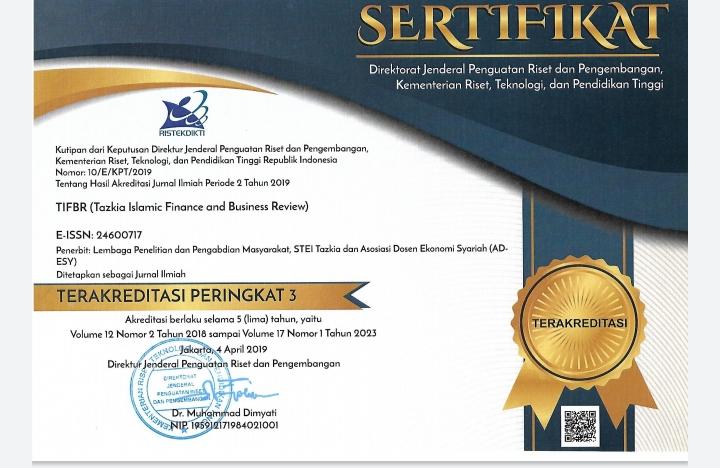Board of Directors and Risk-taking Behavior of Islamic Banks in South East Asia
Abstract
Objectives - Board of Directors (BODs) and Shariah Supervisory Board (SSB) have a pivotal role to manage Islamic banks in Southeast Asia. The decision made by the BODs and SSB will directly affect to the risk-taking behavior performed by Islamic bank. This study aims to investigate the relationship among BODs, SSB and risk-taking behavior of Islamic banks in Southeast Asia.
Method - Adopting random effect model, unbalanced panel data, this research utilizes 24 Islamic banks in Southeast Asia which observe over six periods from 2009 to 2014.
Results - the study reveals that independent director influences the risk-taking behavior positively, while Shariah Supervisory Board (SSB) affects it negatively. In addition, Board size has a positive effect on the credit risk but negative on z-score.
Conclusion - Islamic bank industry in Southeast Asia has to consider to increase the number of SSB to oversee the Islamic bank operation appropriately. In addition, independent director composition in the board of directors has to be considered precisely in terms of the number to have a good performance in organizing the Islamic banks in Southeast Asia.
Keywords: BODs, Independent director, SSB, Risk-taking behavior















